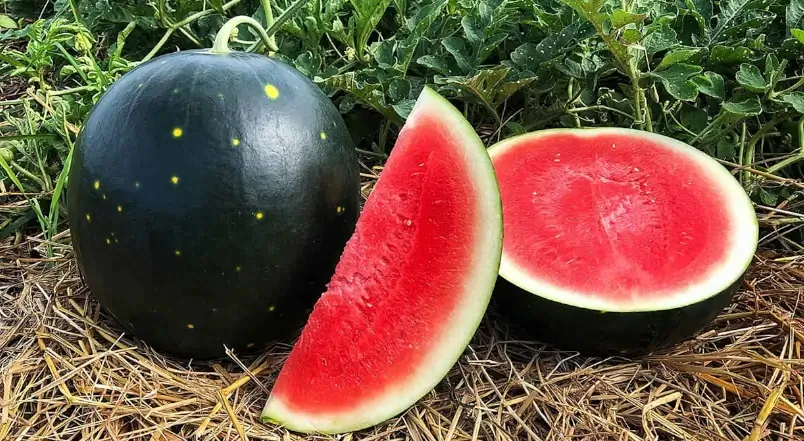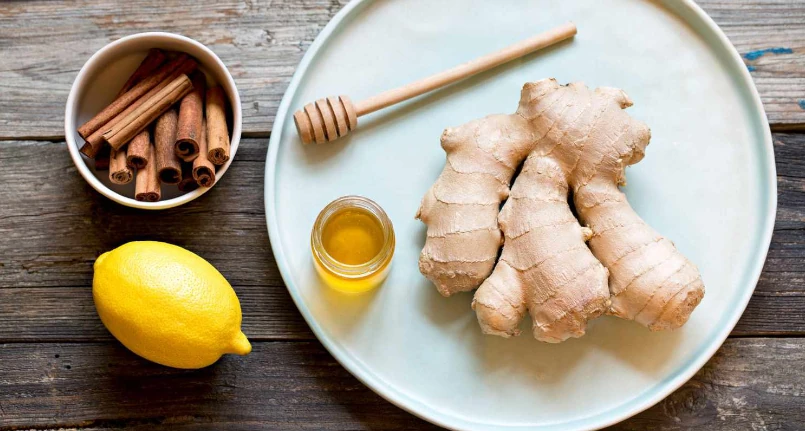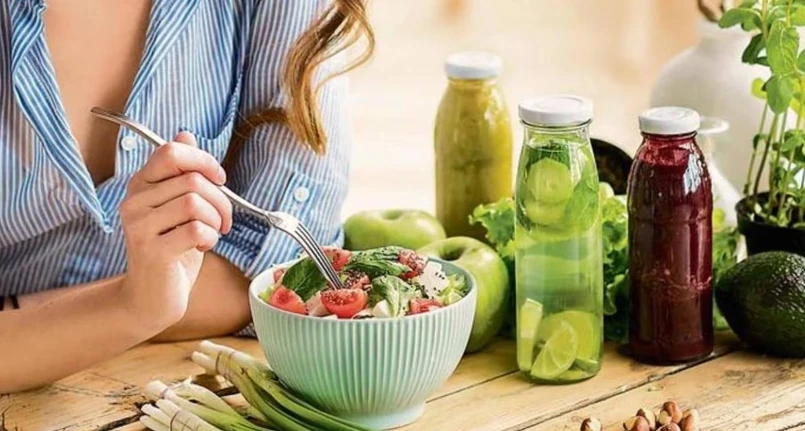Introduction
Watermelon and melon are the quintessential summer fruits. Consuming them (preferably away from meals because they are not easily digested ) helps the body rehydrate and stock up on mineral salts . Their juicy pulp lends itself very well in the kitchen: perfect to eat alone, as a refreshing snack, they are also suitable for sweet or savory preparations. These two fruits that are part of the Cucurbitaceae family have many aspects in common and some differences that make them more suitable for some subjects, and others less. Both are composed mainly of water: 95% watermelon and 90% melon, and have a modest vitamin content . With a high moisturizing and thirst-quenching powerthey also help control hunger due to their high satiating power . Melon is higher in calories than watermelon, but more suitable for those suffering from stomach pain or gastritis . Diabetics , on the other hand, will have to prefer watermelon, because it is less sugary .




